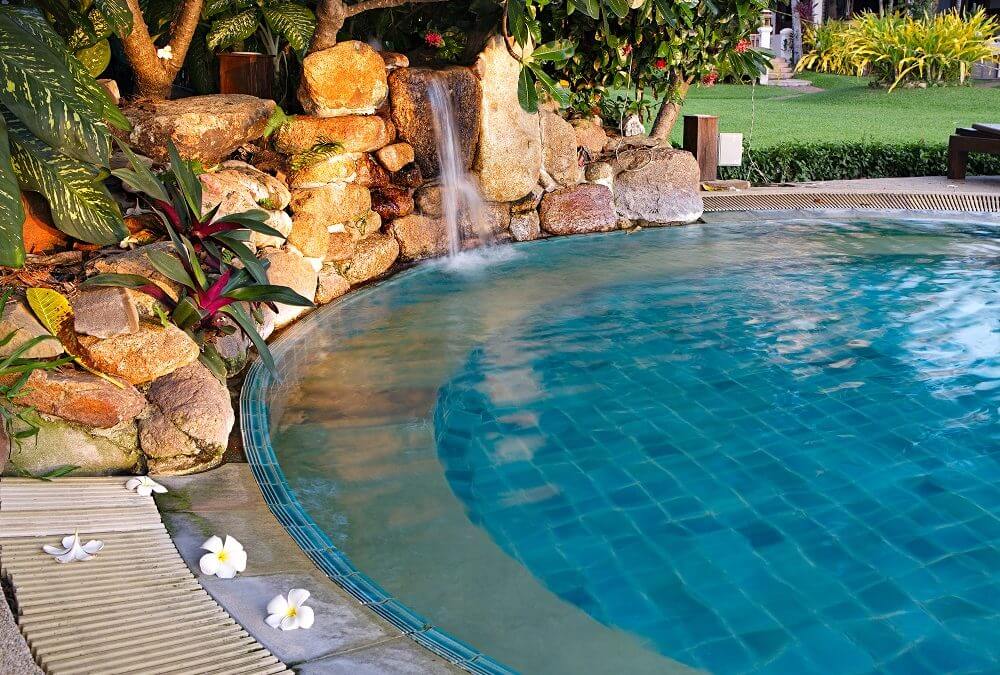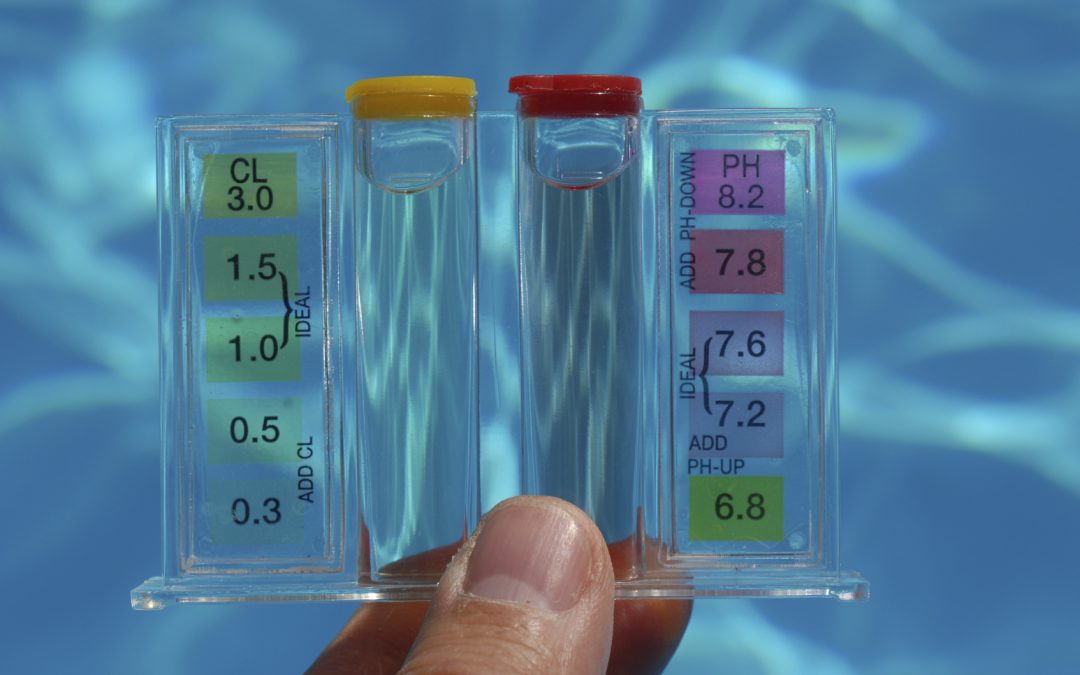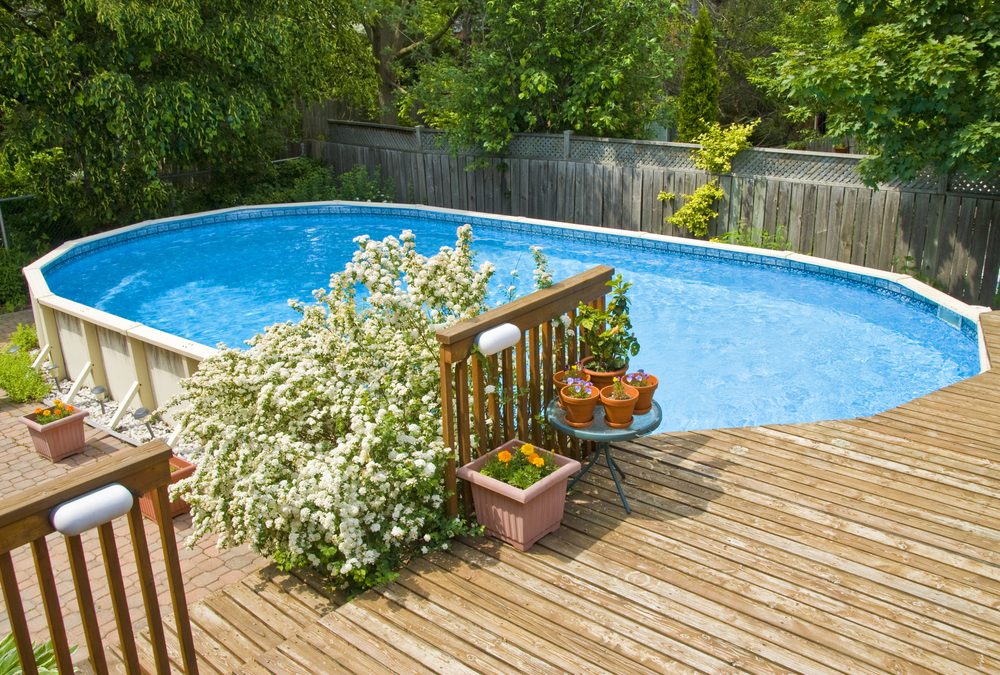Supreme Pool Service contractors sometimes get asked by the pool owners they work with, “why are my eyes red when I swim?” It’s a question that every swimming pool contractor gets asked because, frankly, no one wants to get out of the pool with red, itchy eyes, right? The reason your eyes are red and your skin may be dry and itchy is because the pool’s chemical balances are not balanced properly.
When you want to jump in your pool you don’t want to think about whether your eyes will be itchy afterwards. Swimming shouldn’t lead to that nor should being in your pool be a place where you can smell chorine. Remember, chlorine is odorless and colorless; it only has a scent when the total dissolved solids are not kept in check and when the chemical maintenance has not been properly performed. This is when you will notice the chlorine smell and suffer the itchy eyes.
Why are my eyes red when I swim?
When you work with a swimming pool service contractor he will keep your pool water clean and bacteria-free. Your pool contractor will test the pool water and adjust the adjust chemical levels to address issues you may be having with red eyes. If you’re dealing with red eyes or dry, itchy skin you will want to let your pool contractor know so he can make adjustments to the pool water chemical balance. When you let us know, we will test the water to determine whether the pool’s pH and alkalinity are in the recommended ranges. Balances that are too low or too high lead to skin irritation, dry skin and eye redness. The pool water should be tested at least weekly and especially after a rainfall. Use test strips or liquid reagents to keep the pool water balanced; working with a pool service contractor will take that task off your plate as that is one of the services he performs. Even if you work with a pool contractor, you may still want to have your own water test kit and test the water between service visits if you’re having eye and skin issues.
If the chemicals are improperly balanced, your contractor might suggest you test the water daily until the chemical balances get back in line.
Here is a quick idea of what levels should be: Free and total chlorine levels will be measured; levels should be free chlorine up to 10 times the combined chlorine; if the combined chlorine is 0.2 PPM, you will add 20 PPM free chlorine. This process is called “breakpoint chlorination” or “superchlorination,” the point where the chloramine bonds break apart. See, we told you, pool water chemical balancing is not for the faint of heart.
Pool service professionals have the knowledge, skill and experience to make your pool experience enjoyable and that means you can swim without worrying about dry skin or red itchy eyes.





Facebook Comments